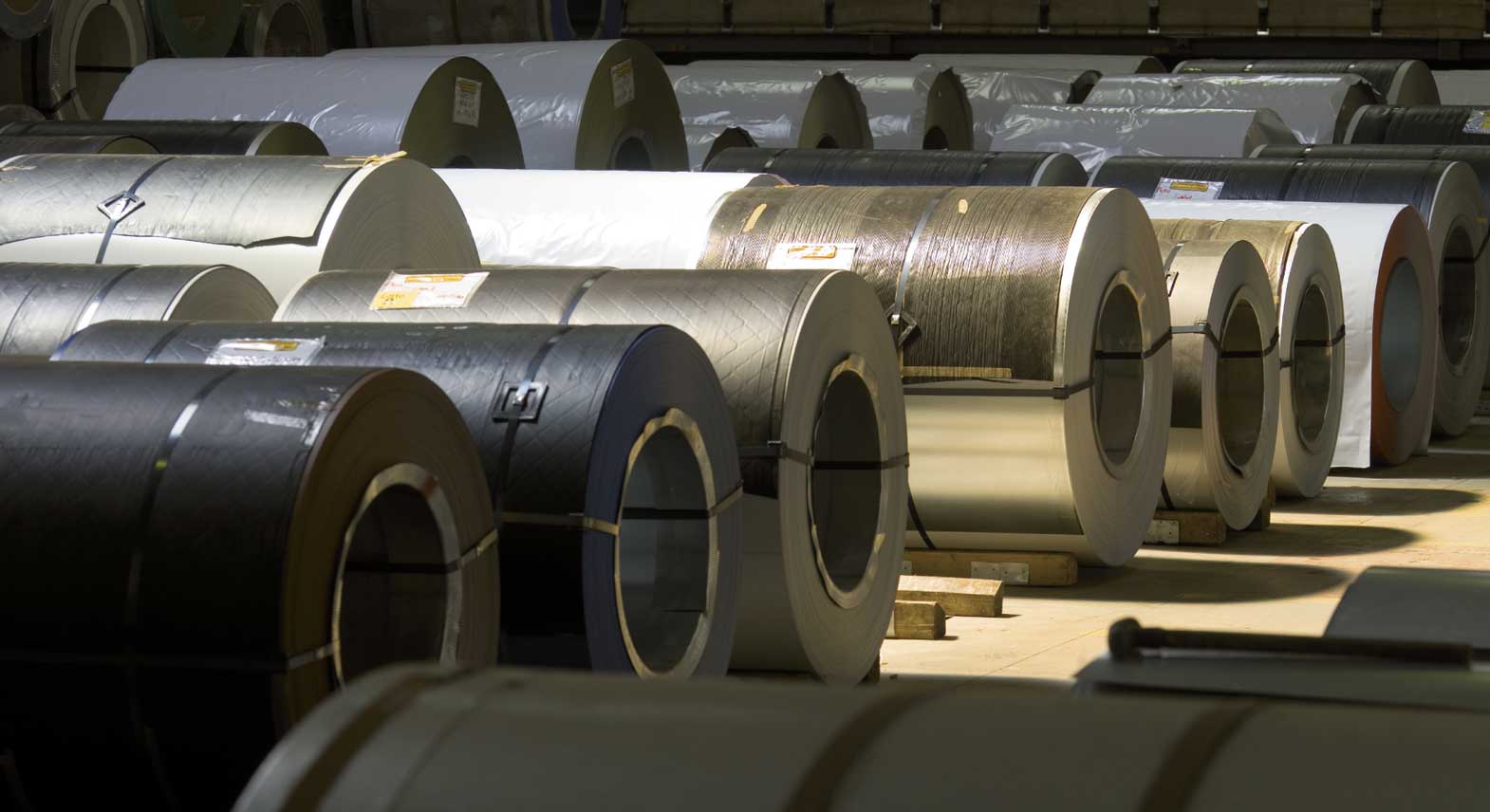As the European steel market finds itself in the midst of a crippling shortage, the incentive among stockholders and end-buyers to inquire about imports has increased over the last few months, with successive offers heard each week from South Korea, Taiwan and, most notably, India.
However, global supply tightness, a raging pandemic in India and the removal of the tax rebate in China have made it more challenging for European players to receive material from abroad, sources told S&P Global Platts.
As the domestic European market looks to wind down around the summer holidays, several sources said there would be more import offers into the region to make up for the shortfall in domestic supply — though keen buyers would need to be quick with their negotiations.
“There’s a lot of import material coming in [the summer], which will give some relief to the market. Everyone knows that it’s coming, so it’s basically sold out before it’s even arrived,” a Nordic buyer said. “We have a few months until the next delivery arrives again, so by end of June-July we’ll have some relief from the steel [shortage], but prices will still be high.”
HRC European import prices were heard at Eur990/mt into CIF Antwerp and CRC import prices at Eur1,200/mt CIF Antwerp.
Further to this, a European service center source said import prices were between Eur1,150-1,200/mt to “any European harbor.”
On the viability of import material from India, an Italian service center said he did not receive any offers from sellers because of the rampant coronavirus pandemic in the country.
“India is very important for Europe,” the same source said. “Usually we buy 25% from imports, but we would like to increase. We are hoping to get some good news about the safeguards. We need softer regulations.”
HRC import quotas
Options for imports of hot-rolled coil material from Russia and Serbia for the April-June quota are still available, with remaining quota allowances at 48% and 58% left, respectively, and South Korea’s quota allocation ample at 84%. Meanwhile, India’s quota balance is now exhausted and considered critical with just 950 mt left, European Commission data showed May 10.
Once a quota balance dips below 10%, importers are obliged to deposit with customs authorities a 25% bank guarantee to cover any potential duty liability.
The data also showed the “non-country specific” quota stands practically unused at around 2.74 million mt left, or 98%, with 769,002 mt awaiting allocation at European ports.
In the fourth quarter of a year, named countries that have exhausted their own allocations are permitted to utilize the “non-country specific” available balance.
CRC import quotas
In the Italian market, the same service center source cited a deal for Eur1,175/mt for cold-rolled coil from the Far East May 10.
“We need cold-rolled coil from imports because in Italy we have no availability, and also because it is difficult to succeed in buying volumes from North European mills,” the service center source said.
For cold-rolled coil imports, Ukraine’s quota balance is now exhausted, with most other countries’ balances fairly plentiful. India’s quota for April-June was still available with 89% left and Brazil’s allocation practically unused at 99%, or 131,987 mt.
South Korea’s quota balance was also still ample at 78% and Serbia’s stood at 32,616 mt, or 66% left.
Lastly, the removal of the tax rebate on Chinese material was also putting a damper on the possibility of more imports throughout June-August, coupled with the Chinese transition from net exporter to importer.
“The Chinese don’t want to export material. They want to import, so it’s a big change,” the service center source said. “In the past it was the reverse, so we can imagine in the next month it’ll be an important impact on the market. When they move in China, the whole world moves with it.”
— Amanda Flint






